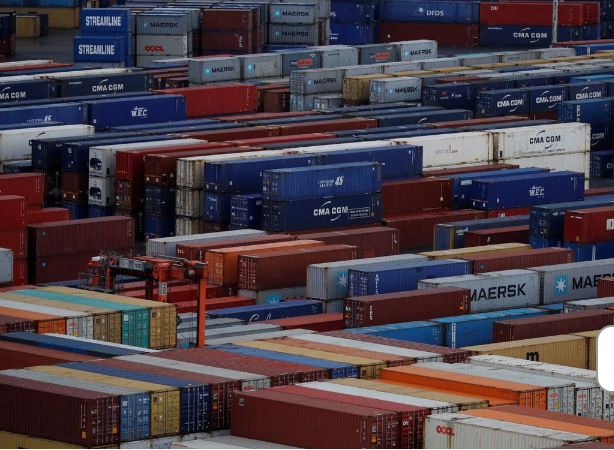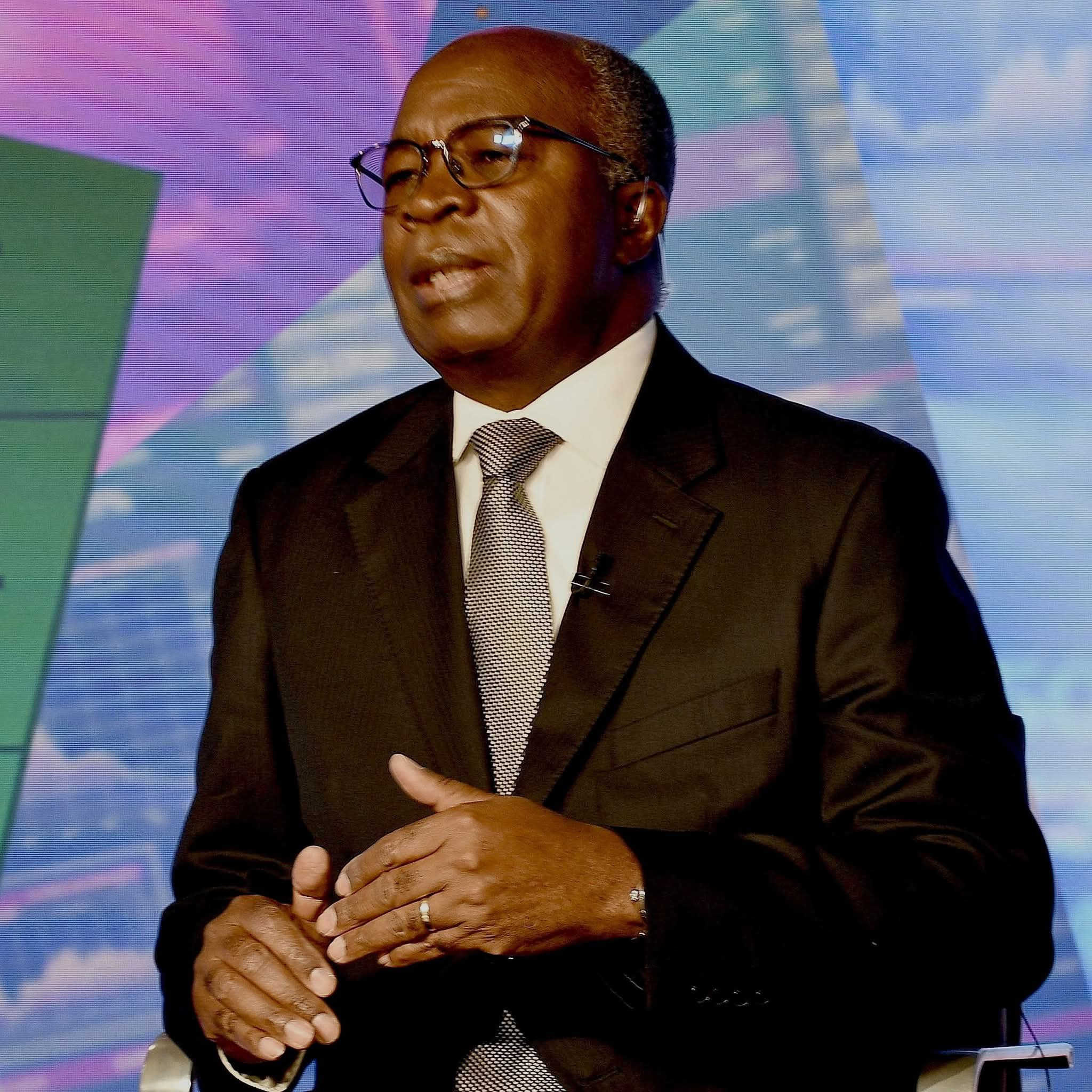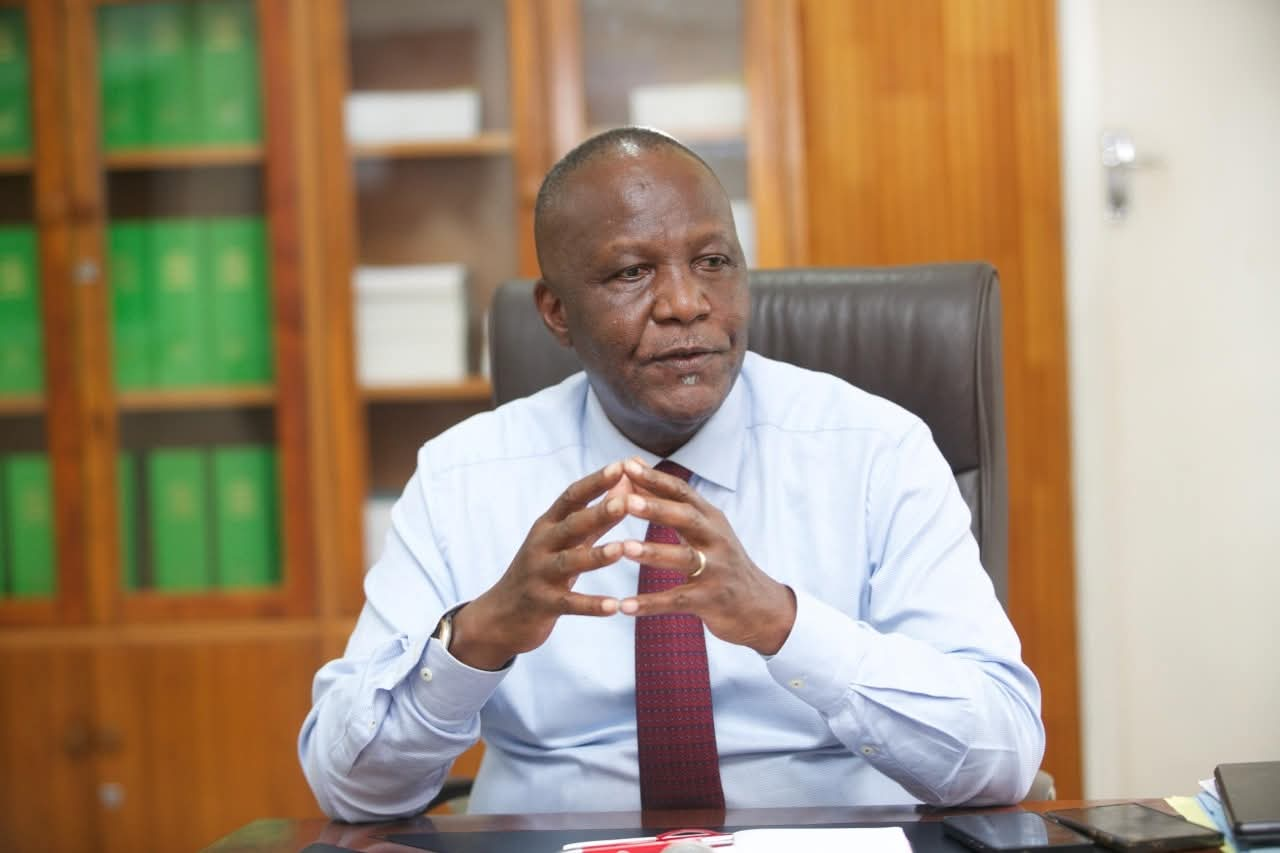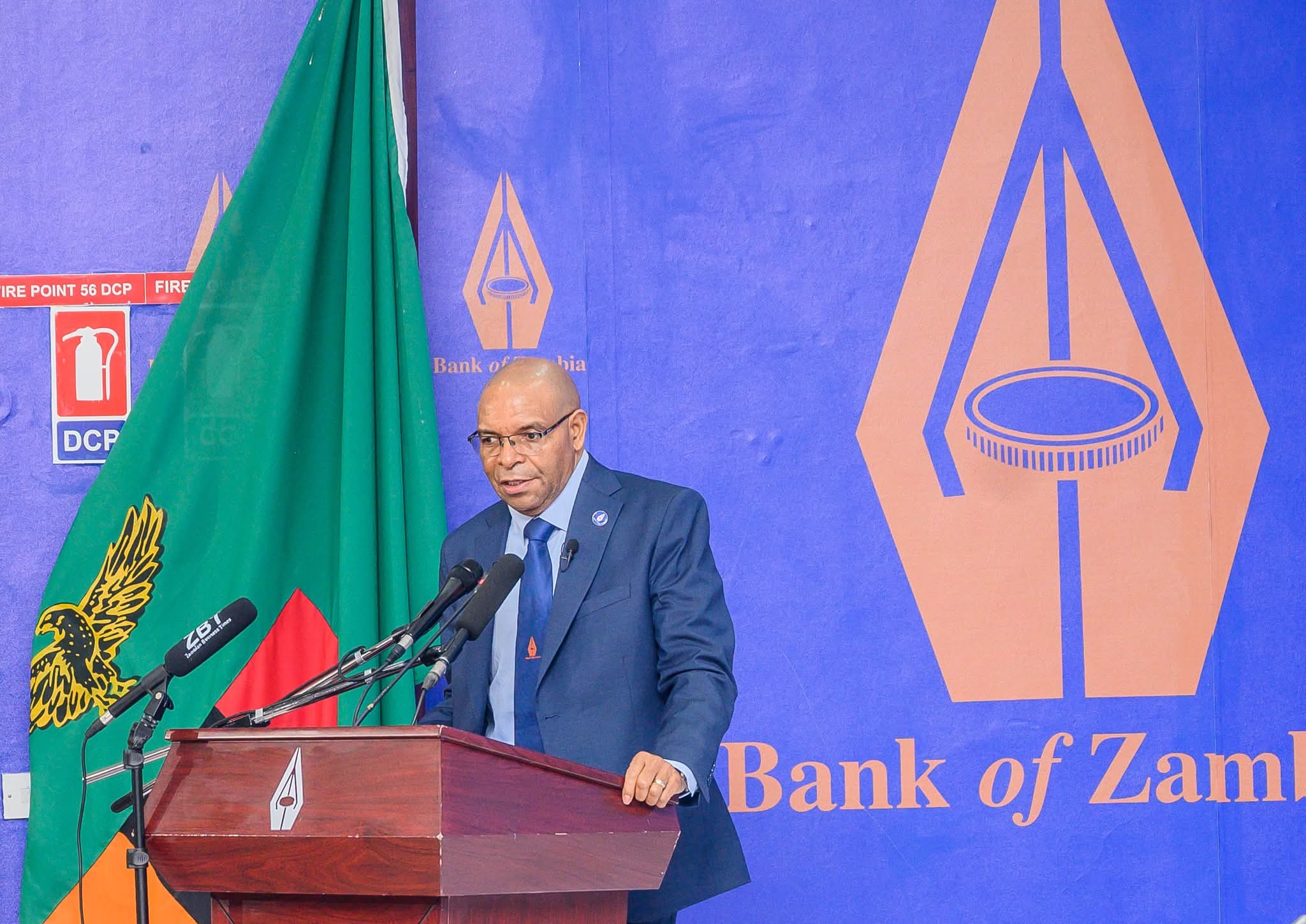Britain on Friday said it had struck a deal to join an 11-country trans-Pacific trade pact which includes Japan and Australia as it looks to deepen ties in the region and build its global trade links after leaving the European Union.
Prime Minister Rishi Sunak said Britain had agreed to join the Comprehensive and Progressive Agreement for Trans-Pacific Partnership (CPTPP), in a move his office said was the biggest trade deal since Brexit.
“Joining the CPTPP trade bloc puts the UK at the centre of a dynamic and growing group of Pacific economies,” Sunak said in a statement, adding the deal demonstrated “the real economic benefits of our post-Brexit freedoms.”
Britain has been looking to build global trade ties following its departure from the EU in 2020 and has looked to pivot toward geographically distant but fast-growing economies.
It is deepening its ties in the Indo-Pacific as its foreign policy framework casts China as an “epoch defining challenge”.
Other members of CPTPP are Brunei, Canada, Chile, Malaysia, Mexico, New Zealand, Peru, Singapore and Vietnam. Britain is the first new member to join the group.
Membership will supplement existing bilateral Free Trade Agreements (FTAs) Britain has with most of the member countries, and gives businesses extra options over the terms they can trade under.
The overall impact of the trade deal is set to be modest. Britain said the deal, which will cut tariffs on cars, spirits and dairy products, would boost the economy by 1.8 billion pounds ($2.2 billion) each year in the long-run – a figure that could rise as more countries join the pact.
“The Pacific Rim is forecast to grow twice as fast as Europe, so UK businesses should be thinking about their regional presence,” said Sally Jones, trade policy and strategy partner at EY.
“The CPTPP makes that much easier, and the CPTPP will only get bigger as more countries look to join.”
Britain has agreed new post-Brexit trade deals with Australia and New Zealand, and agreed an FTA with Japan in 2020. It is also in talks with Canada and Mexico over new FTAs, after it rolled over previous EU trade deals at the end of 2020.
Japan’s economy minister Shigeyuki Goto said Britain’s joining the pact was “a great significance” in further promoting free trade, open and competitive markets as well as economic integration beyond the Pacific Rim.
Japan chaired negotiations on Britain joining the pact.
Regarding other economies that have applied to join, such as China and Taiwan, Goto said Japan would need to take a close look at whether they were “fully prepared to meet the high standards” of the trade pact.
Taiwan’s top trade negotiator John Deng told Reuters Taipei will “continue efforts to gain support from CPTPP countries” to join, too.
In Beijing, Chinese Foreign Ministry spokesperson Mao Ning reiterated Beijing’s opposition to Taiwan joining “any agreement or organisation of an official nature”, but said China entering the CPTPP would be a good thing.
“China’s accession to CPTPP is not only in line with our own efforts to deepen reform and expand openness, but also conducive to CPTPP member countries’ expansion into China’s market and economic and trade cooperation with China,” she said.
Ecuador, Costa Rica and Uruguay have also applied for membership.
Japan has asked the U.S. to return to the trans-Pacific trade pact after Washington in 2017 formally withdrew from the Trans-Pacific Partnership trade deal, the predecessor to the CPTPP.
Japan’s chief cabinet secretary Hirokazu Matsuno said it was “desirable” for the U.S. to rejoin the trade pact and Tokyo would persist in pressing Washington to become a member.








